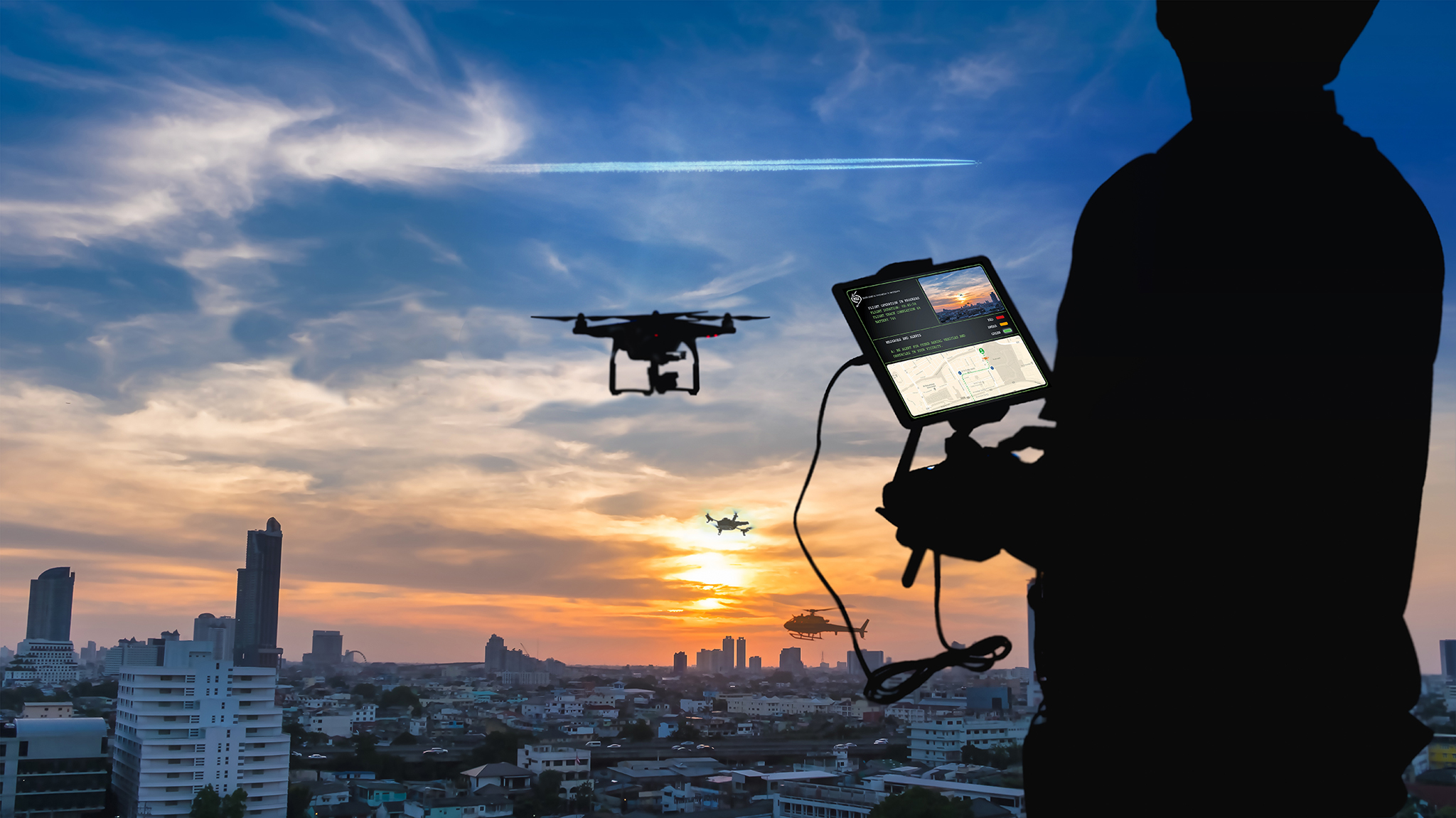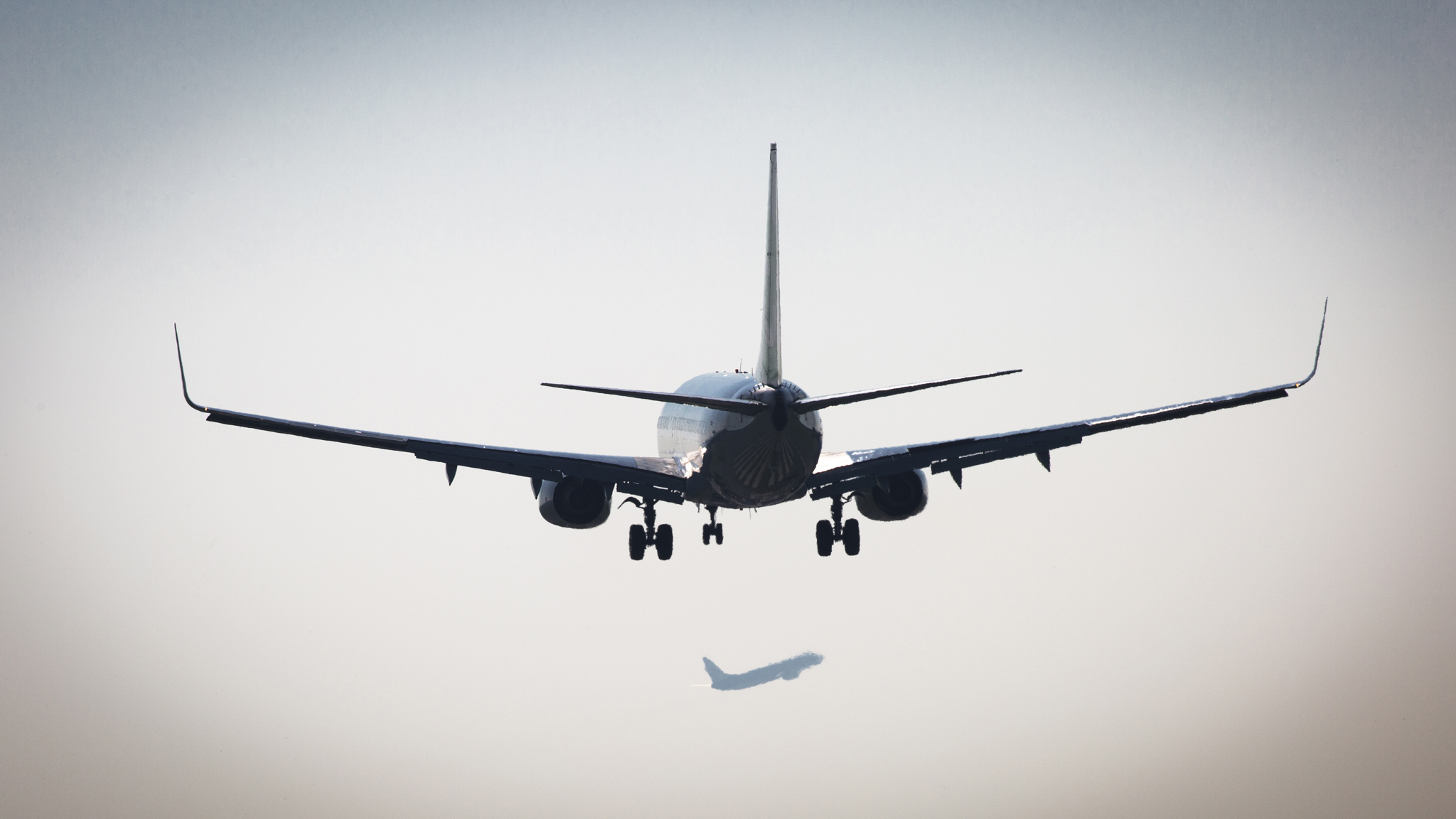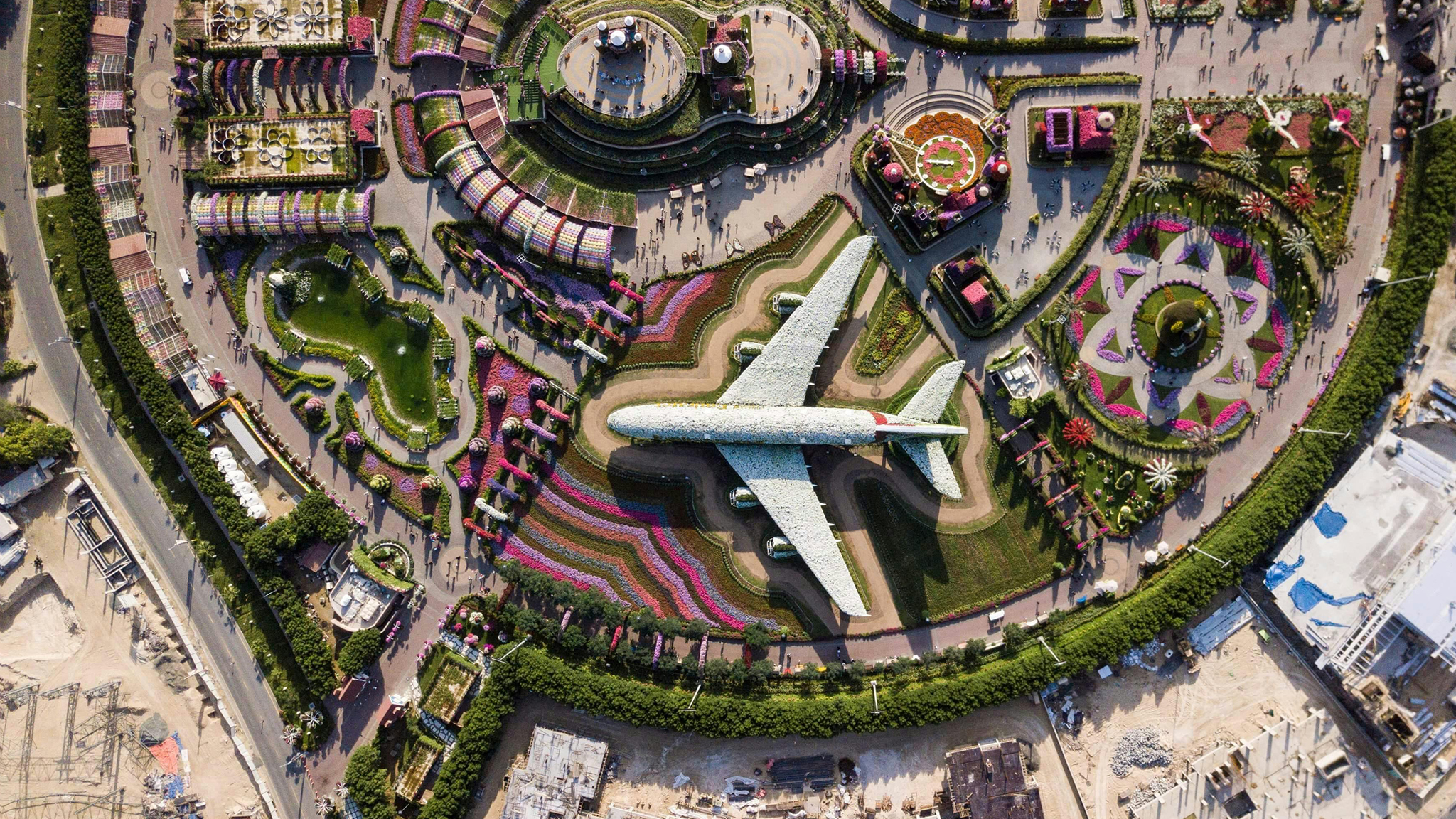This brings up an important issue: society doesn’t know enough about drones. Historically, we tend to reject the unknown, making it difficult to adopt new technology. As research on drone operations continues to grow in relevance, it is therefore important to investigate how to integrate this technology into society.
Talking about drones with my friends lets me see a point of view completely different from the one I’m used to hearing in my industry. It highlights the bigger challenges for the acceptance of drones: “I don’t want to look up to the sky and see drones” (visual pollution), “I get enough noise already from the motorway” (noise pollution), “How do I know that the drone isn’t spying on me?” (trust and privacy issues), “How will the drone avoid buildings?” (safety issues). Replying to these questions and remarks is the first step towards public acceptance: sharing knowledge.
“Society doesn’t know enough about drones”
The lack of knowledge about drones also complicates public acceptance because people normally don’t see the added value of the technology. A common perception is that drones will be used to deliver pizzas and Amazon packages, which to be honest could be quite nice but isn’t exactly a valuable service. Instead, the tasks drones are used for will include inspections and surveillance missions, optimising disaster management and high priority medical deliveries, transporting people throughout the city, relieving road congestion in big cities. When people understand that drones are helping rather than just delivering small and unimportant items, perceptions change and public acceptance increases.
Research is looking into how to address the challenges of public acceptance and integrate drones within society. At Royal NLR, for instance, we have the Virtual Community Noise Simulator (VCNS), which lets people see and hear drones in virtual scenarios. The VCNS is now being used in a perception study – the tool simulates a drone flying in an urban environment to test how much of a nuisance the noise is, and whether being able to see the drone additionally affects the level of annoyance. NLR is also part of the SJU H2020 project AMU-LED, in which several drone flights will be performed in the UK, Spain and the Netherlands. The demonstrations will take place in the summer of 2022 and will showcase several simultaneous drone flights, including air taxis and coordination with manned aviation. Public acceptance will be an important aspect of this project, which is addressing the willingness to adopt drone technologies from various stakeholders.
All in all, public acceptance is one of the key enablers for realising drone operation in urban areas. Working towards the acceptance of drones is important not only to ensure early adoption, but also to help familiarise society with this technology. A great and easy way to work on this is just to talk about drones: ask questions, share information, start a conversation! If you’re part of the drone world, ask away. Ask your friends what they think about drones, ask your family, ask your neighbours – you’re bound to hear some interesting opinions and the industry will be one step closer to public acceptance.



